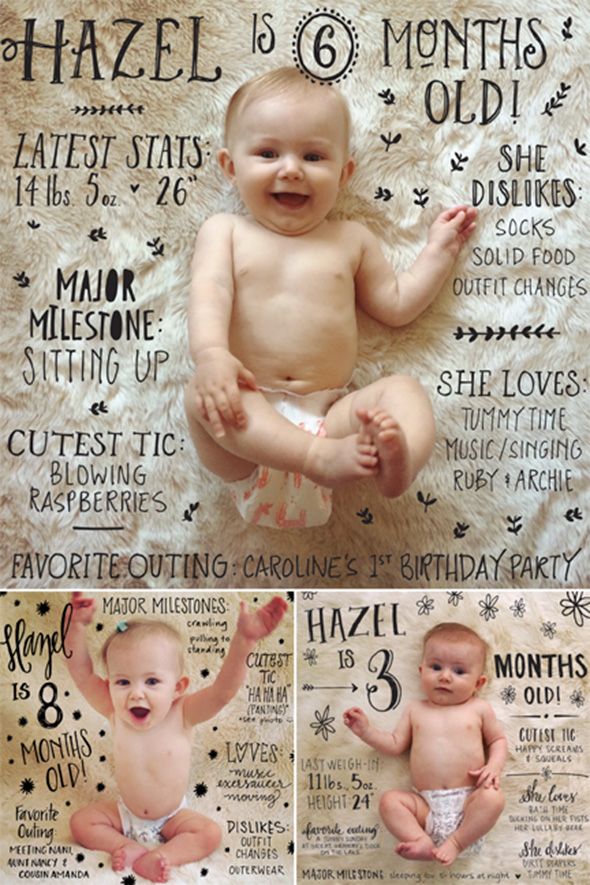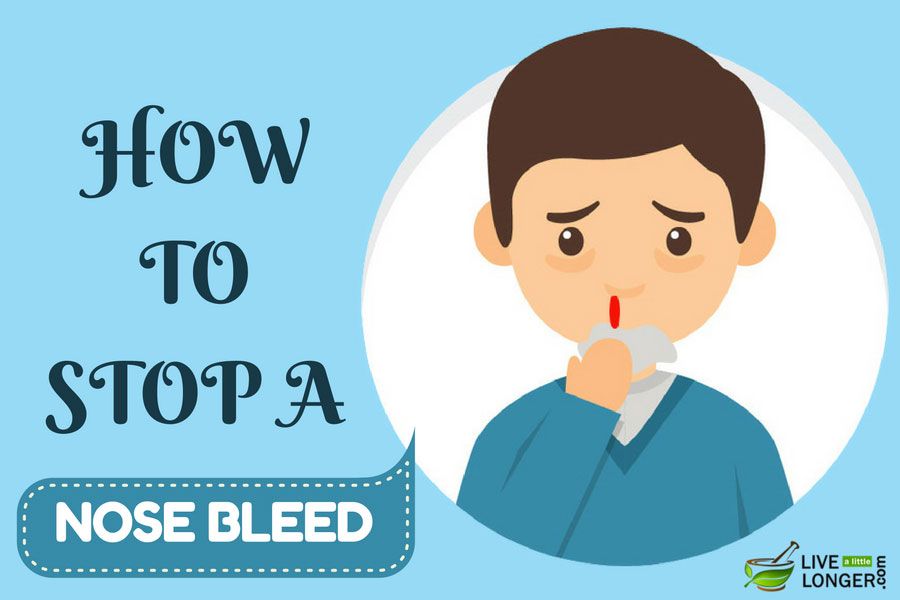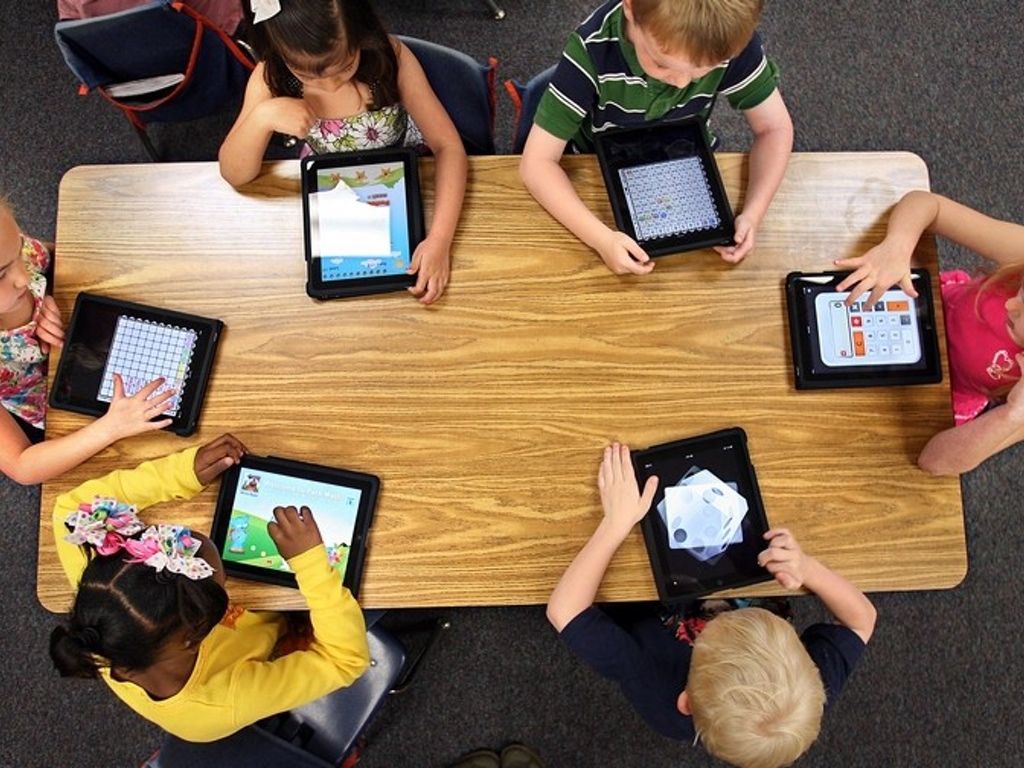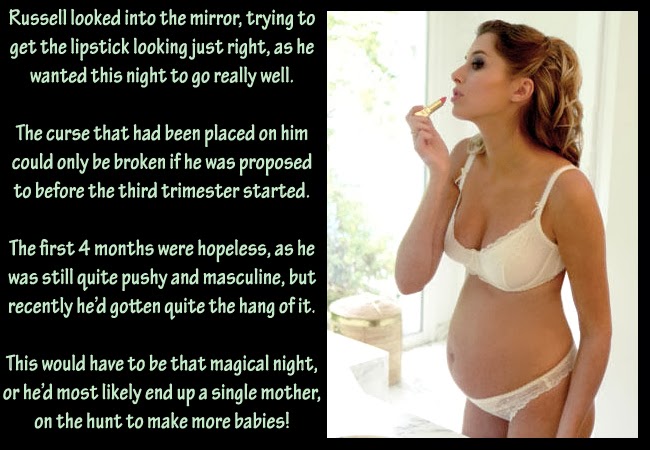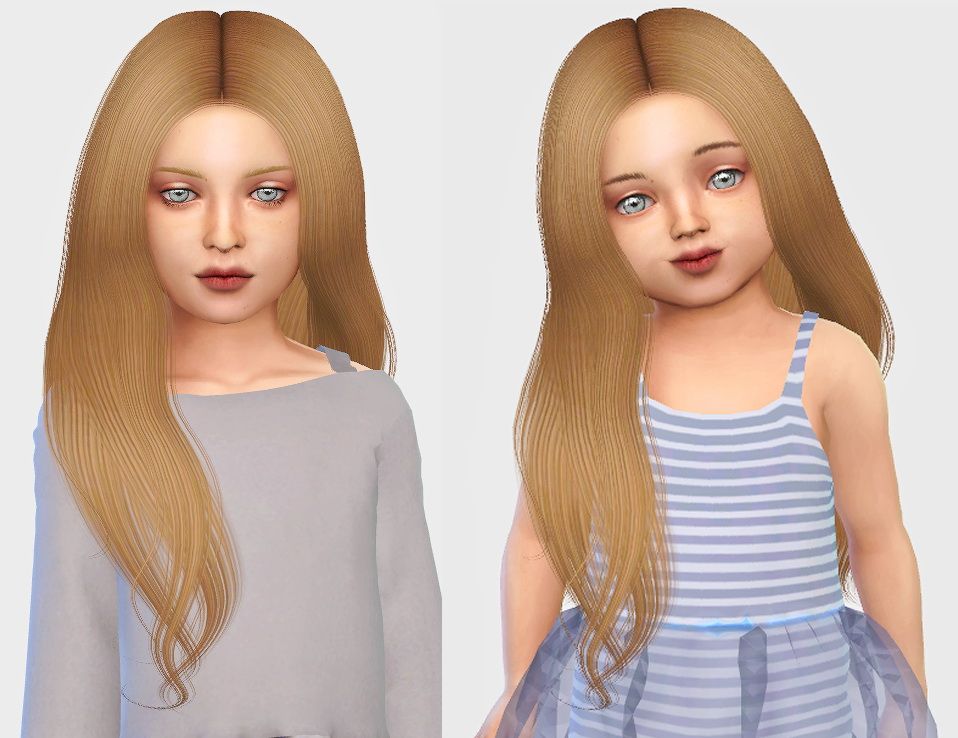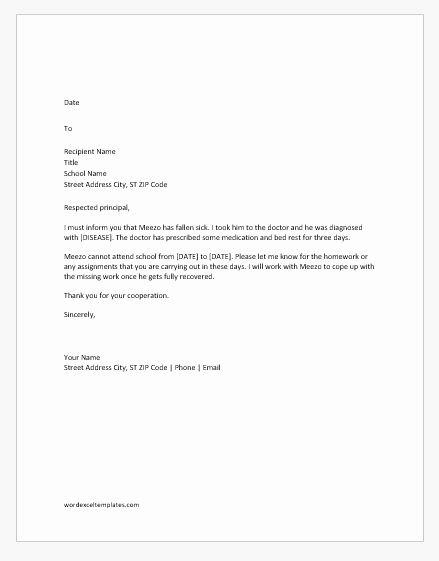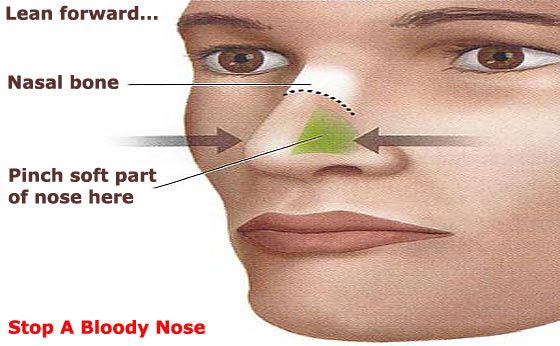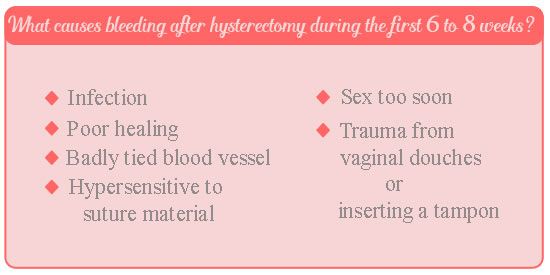Milestones 18 24 months
Toddler development at 18-24 months
Toddler development at 18-24 months: what’s happening
Feelings
At this age, toddlers start to experience new emotions like anger and frustration, guilt, shame, possessiveness and excitement. These ‘big’ emotions can be hard for your toddler to deal with, and you might see some tantrums as a result.
Although your toddler’s separation anxiety peaks at around 18 months, by 2 years it usually starts to settle down. But when your toddler plays, they might still want to be near you, a familiar adult or a sibling.
Your toddler is also beginning to think about how they feel and might link feelings with words. For example, your toddler might tell you they’re ‘sad’. They might show affection by giving you a kiss or hugging a doll, which is also part of developing empathy.
Everyday skills
Around this time, toddlers are keen to do more things independently. For example, your toddler is learning to feed themselves using a spoon and cup, and maybe even a fork – there might even be fewer spills than before!
Your toddler might try to help when getting dressed and undressed. At this age, it’s easier for your toddler to take off socks, shoes and clothes without buttons.
Generally, your toddler might show signs that they’re ready for toilet training from 2 years on. But some children start to show signs of being ready earlier, at around 18 months.
Playing and learning
Play is important because it’s how children learn.
At this age, your toddler will start imagining and creating through pretend play – for example, pretending to drink from a cup. As your toddler grows older, pretend play gets more complex, and you might find your toddler doing things like sweeping the floor with a tree branch. Your toddler will enjoy spending time with siblings and other children, even if they don’t play directly with others.
Talking
Toddlers enjoy talking at this age. Your toddler’s words might even have up-and-down tones, just like an adult’s. You’ll most likely hear a mix of ‘babble’ and real words.
At 18 months, your toddler is learning words all the time – usually 1-2 words a week, or maybe even a word a day.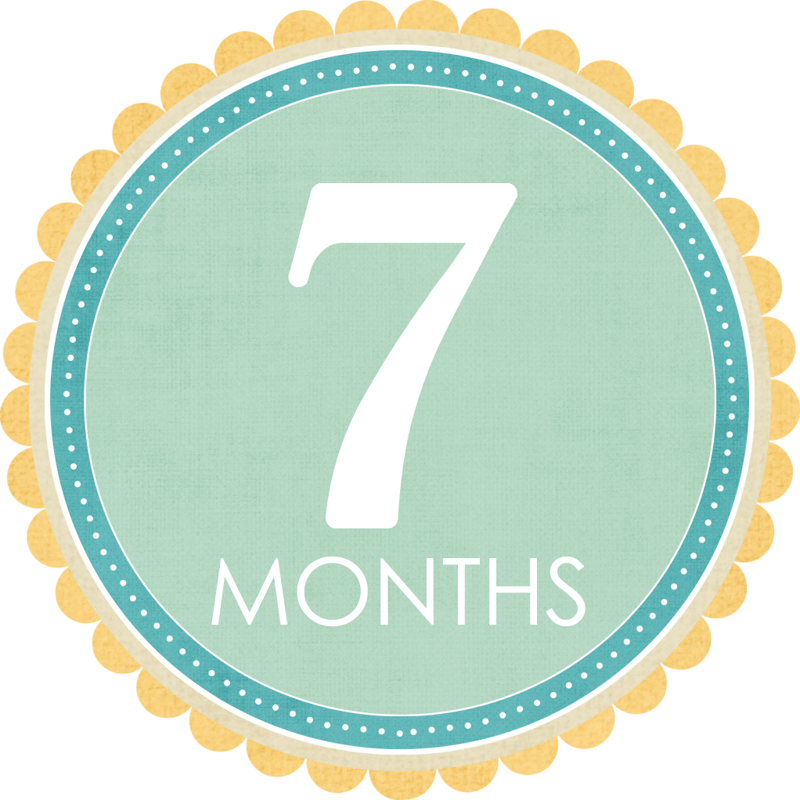 Your toddler might name and point at familiar objects, people and body parts – for example, ears, nose or toes. Your toddler might also make animal sounds like ‘moo’ or say the same sound or word over and over.
Your toddler might name and point at familiar objects, people and body parts – for example, ears, nose or toes. Your toddler might also make animal sounds like ‘moo’ or say the same sound or word over and over.
Your toddler knows their own name and the idea of ‘mine’. They’re getting better at understanding simple sentences and instructions like ‘Bring it to Mum’ or ‘Let’s go for a walk’. You’ll be able to understand more of what your toddler says to you.
By 2 years, your toddler might be able to say ‘I’, ‘you’ and ‘me’ and use sentences with 2-3 words – for example, ‘Mummy car’ or ‘me do it’.
Moving
Toddlers usually walk on their own by 18 months and begin to run. Your toddler will probably walk up and down stairs or climb furniture with your help. Throwing and kicking a ball, scribbling with pencils or crayons, and building small towers of blocks might be some of your toddler’s favourite things.
It’s a good idea to look at how you can make your home safe for your active toddler to move around in.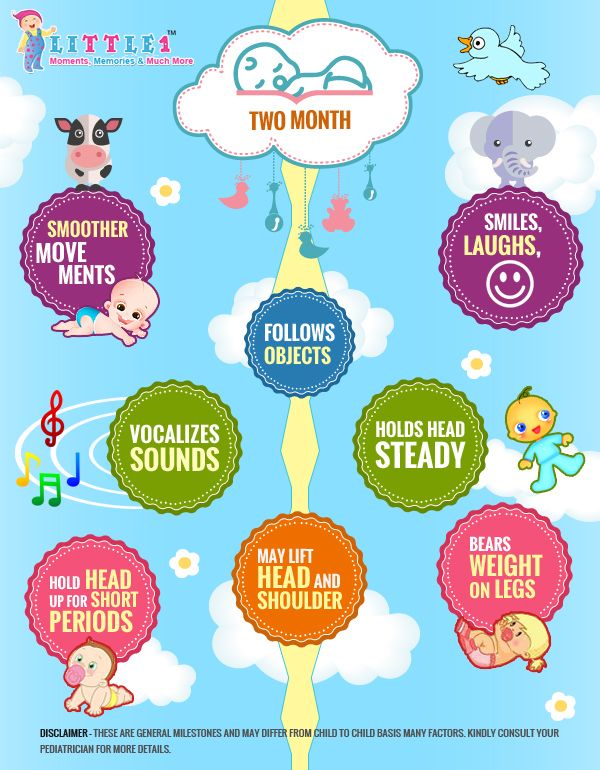
At this age, your toddler might also:
- ask for ‘more’ and say ‘no’ when asked to do something
- copy you – for example, they might help you sweep the floor
- sit themselves in a small chair
- walk around carrying larger objects
- use one hand more than the other by 2 years.
When your toddler learns a new skill, celebrate the achievement with plenty of praise and positive attention. It’s also a good idea to help and encourage your toddler to keep doing the things they’ve learned, even if those things are difficult.
Helping toddler development at 18-24 months
Here are simple things you can do to help your toddler’s development at this age:
- Be there for your toddler: if you’re nearby while your toddler plays and explores, it gives your toddler confidence to try new things on their own. This can help your toddler to be independent and self-confident later on.
- Give your toddler the chance to play with others: play is a great way for your toddler to learn how to be with other children, make friends and develop social skills like sharing and taking turns.
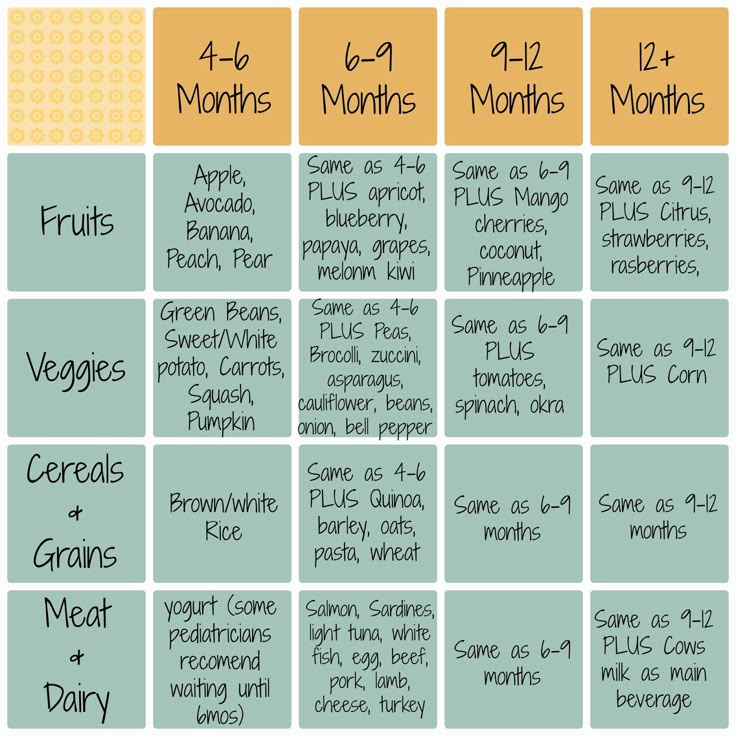
- Spend time playing outdoors: being out and about with you lets your toddler explore the world and test out their growing physical skills. When you’re outside, remember to be safe in the sun.
- Encourage your toddler to practise everyday skills like feeding themselves, drinking from a cup and getting dressed. These skills involve both small and big muscle movements, as well as your toddler’s ability to think about what they’re doing.
- Talk with your toddler: naming and talking about everyday things – body parts, toys and household items like spoons or chairs – develops language skills. At this age, you can teach your toddler that a ‘chair’ can be a ‘big chair’, ‘red chair’ or even a ‘big red chair’.
- Give meaning to your toddler’s talking by listening and talking back. If your toddler says ‘Mama milk’, you might reply by saying ‘You want Mum to get you some milk?’ This encourages conversation and builds your toddler’s communication skills. It also makes your toddler feel valued and loved.

- Read with your toddler: you can encourage your toddler’s talking and imagination by reading together, telling stories, singing songs and reciting nursery rhymes. These activities also help your toddler learn to read as they get older.
Parenting toddlers at 18-24 months
As a parent, you’re always learning. It’s OK to feel confident about what you know. And it’s also OK to admit you don’t know something and ask questions or get help.
It’s also important to look after yourself. Looking after yourself physically, mentally and emotionally is good for you, and it’s good for your toddler. When you’re well, you can give your toddler the loving attention they need to grow and thrive. You can also guide your toddler’s behaviour in positive ways, even when you find their behaviour challenging.
And remember that part of looking after yourself is asking for help, especially if you’re feeling stressed, anxious or angry. There are many people who can support you and your toddler, including your partner, friends, relatives, child and family health nurse and GP.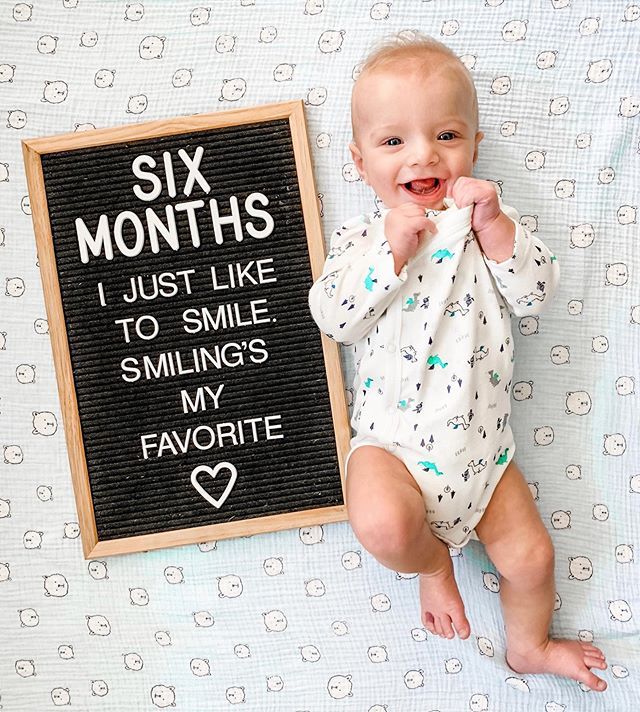
Never shake, hit or verbally abuse a toddler. You risk harming your child, even if you don’t mean to. If you feel like you can’t cope, it’s OK to take some time out until you feel calmer. Gently put your toddler in a safe place like a cot. Go to another room to breathe deeply, or call your state or territory parenting helpline.
When to be concerned about toddler development at 18 months
You know your toddler best. So it’s a good idea to see your child and family health nurse or GP if you have any concerns or notice that your 18-month-old toddler has any of the following issues.
Seeing, hearing and communicating
Your toddler:
- has trouble seeing or hearing things
- doesn’t say any single words
- can’t put 2 words together – for example, ‘More drink’
- doesn’t point, wave or use other gestures
- doesn’t follow simple instructions – for example, ‘Please give me the ball’.
Behaviour and play
Your toddler doesn’t enjoy eye contact or cuddles with you or isn’t showing their feelings.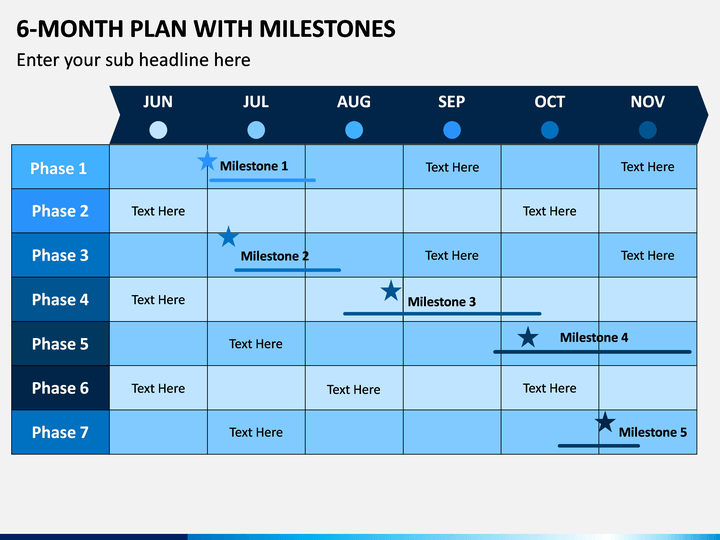
Movement and motor skills
Your toddler:
- isn’t walking on their own
- uses one hand a lot more than the other (usually children don’t use one hand more than the other until closer to 2 years).
When to be concerned about toddler development at 2 years
It’s a good idea to see your child and family health nurse or GP if you notice your 2-year-old has any of the following issues.
Seeing, hearing and communicating
Your toddler:
- has trouble seeing or hearing things
- isn’t putting 2 or more words together – for example, ‘Red car’ or ‘Me go too’
- can’t follow simple instructions – for example, ‘Get your shoes, please’.
Behaviour and play
Your toddler:
- isn’t showing their feelings
- doesn’t come to you for affection or comfort
- doesn’t copy actions or words – for example, when singing ‘Heads, shoulders, knees and toes’
- doesn’t pretend during play – for example, doesn’t pretend to talk on the phone.
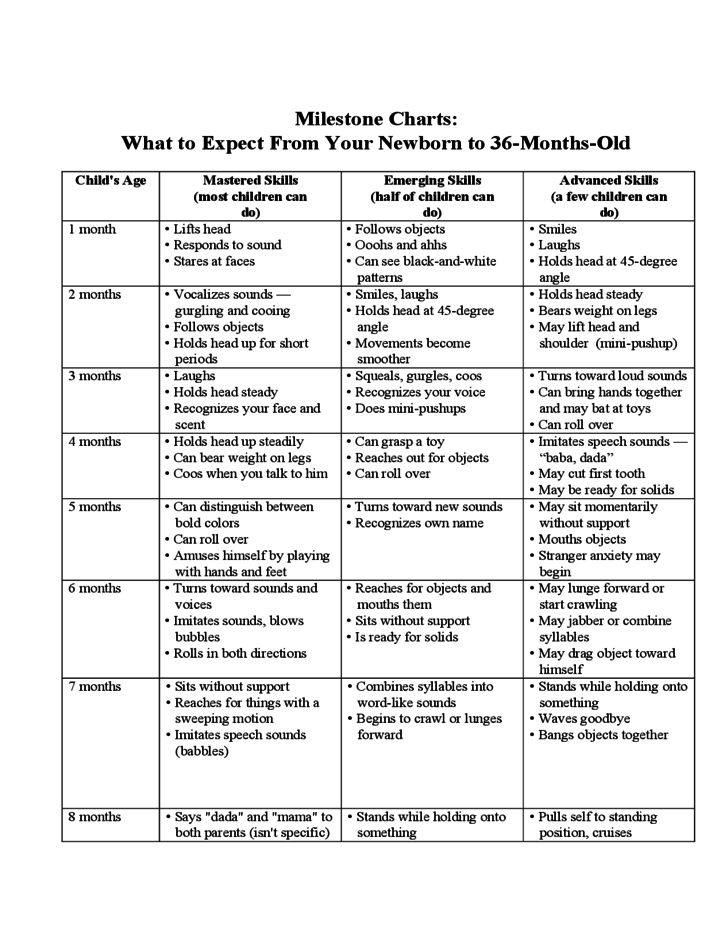
Movement and motor skills
Your toddler:
- can’t walk up and down stairs, even if holding on to you or a rail
- can’t run
- finds it hard to handle small objects – for example, a pencil or crayon
- isn’t scribbling.
See a child health professional if you notice your toddler is losing skills they had before.
It’s also a good idea to see your child and family health nurse or GP if you or your partner experiences the signs of postnatal depression in birthing mothers or postnatal depression in non-birthing parents. Signs of postnatal depression include feeling sad and crying for no obvious reason, feeling irritable, having difficulty coping and feeling very anxious.
Development usually happens in the same order in most children, but skills might develop at different ages or times. If you’re wondering whether your toddler’s development is on track, or if you feel that something isn’t quite right, it’s best to get help early.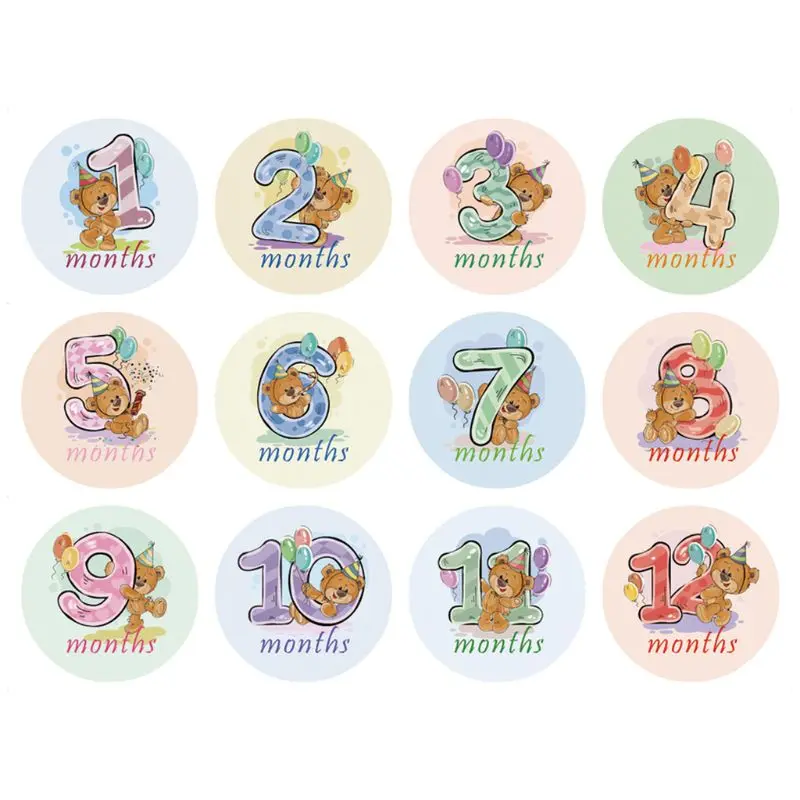 See your child and family health nurse or GP.
See your child and family health nurse or GP.
Toddler Developmental Milestones: 18–24 Months
Home > Toddler > Behavior & Development > Toddler Developmental Milestones: 18–24 Months
As your child approaches their second birthday, you’ll be amazed at how much they change and develop each day. Here are all the milestones you can expect them to reach by the time they turn two.
Dust off your running shoes and take a few deep breaths because you’ll soon be racing around after a determined toddler who’s fast on their feet and quick to dissolve into a tantrum if things don’t go their way! But it’s also an awe-inspiring period where communication starts to feel like a two-way street and you’ll watch with wonder as your teetering toddler turns into a full-fledged child.
Here are the milestones you can expect your kiddo to reach by their second birthday. But keep in mind that each child develops at their own pace and it isn’t necessarily cause for concern if they haven’t hit all their milestones according to this schedule.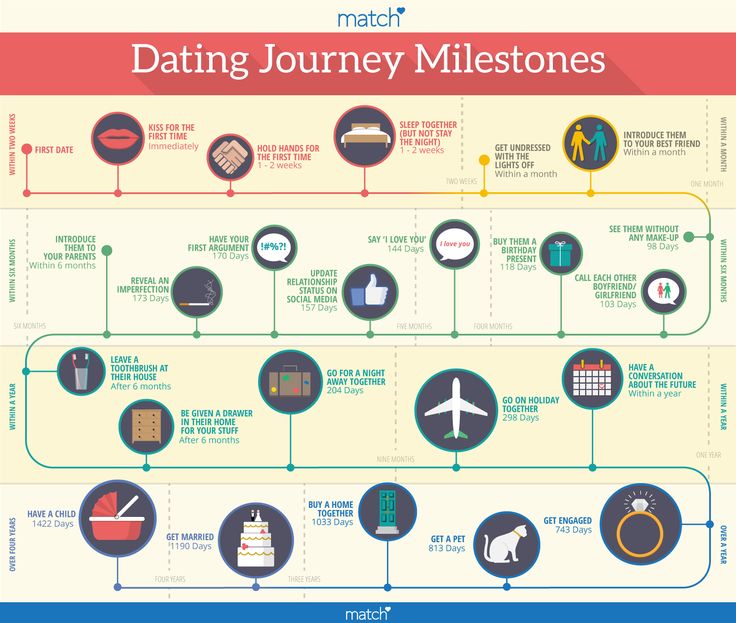 Speak to your pediatrician if anything is worrying you.
Speak to your pediatrician if anything is worrying you.
Toddler milestones:
18 to 24 monthsBy the time your child turns two, they may be able to:
- Run
- Carry several toys while walking
- Stand on tiptoes
- Kick a ball
- Throw a ball overhand
- Climb onto and down from furniture without help
- Walk up and down stairs with support (hand or bannister)
- Eat with a spoon, cup and maybe a fork (with fewer spills than before)
- Take off some of their clothes (shoes, socks, hat)
- Build a tower of four or more blocks
- Turn over a container to pour out the contents
- Scribble spontaneously
- Favor one hand over the other
- Begin to sort shapes and colors
- Find objects hidden under two or three covers
- Play simple make-believe games
- Count two or three objects
- Follow instructions with two steps, such as “Pick up your toy and put it in the box”
- Point to objects when they’re named
- Recognize the names of familiar people and body parts
- Name familiar objects in a picture book
- Complete familiar rhymes and sentences in books
- Say sentences with two to four words, such as “me do it” and “mommy hat”
- Repeat words they hear
- Say their own name
- Copy the behavior of adults and older children
- Start to be aware of themselves as separate from others
- Enjoy the company of other children
- Start to include other children in their games
- Be increasingly independent
- Show defiant behavior
- Have temper tantrums
- Begin to express their emotions with words like “sad”
- Show affection by hugging you or kissing a teddy bear
- Display empathy by showing concern for crying friends
Warning signs: Talk to your pediatrician if your child can’t walk steadily, doesn’t use two-word sentences, doesn’t copy words or actions, doesn’t follow simple instructions, doesn’t know what to do with common objects such as a spoon or a phone, doesn’t show their feelings, or seems to have trouble seeing or hearing things.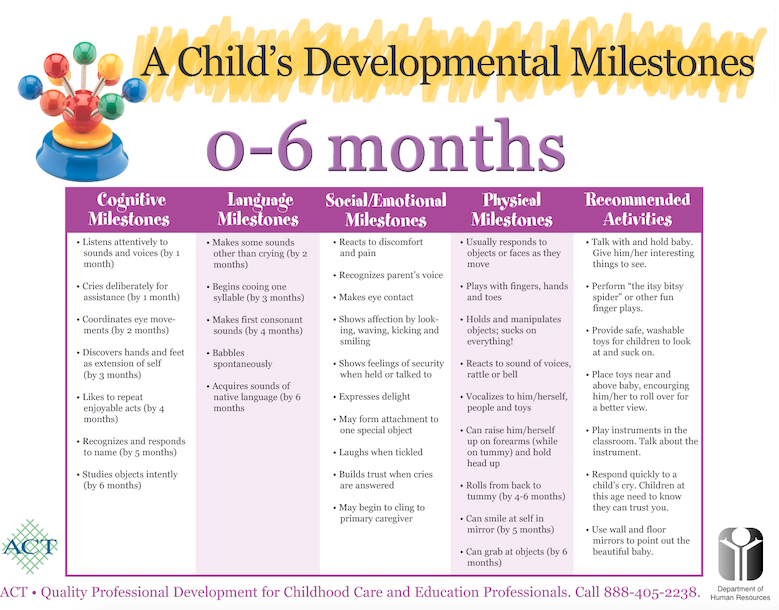
Activities to stimulate your toddler’s development
Ready, set, go! Your child is more active and interactive than ever. Here are some fun activities that can boost their development at this age:
- Talk: As you go about your day, name objects and describe your actions to help develop your toddler’s language skills. Listen to them when they speak to show that you value their input and respond appropriately to encourage communication skills.
- Play: Young children learn the most through play, so set aside some time to play with them each day while also encouraging them to play independently. Play dates are a wonderful way for your child to learn social skills at this age.
- Read: Nurture your little one’s imagination and language skills by reading books and making up stories. Your child may increasingly enjoy reading on their own as well.
- Encourage big kid skills: It might seem easier to do everything for your child but letting them try to get dressed on their own or help you “cook dinner” will support their development and foster independence.
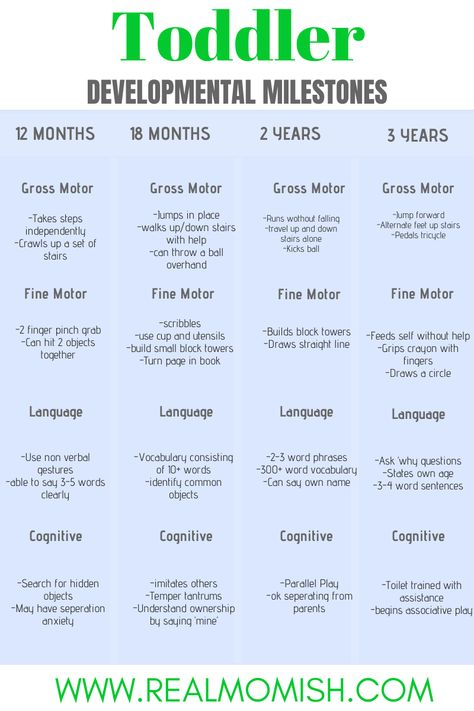
- Encourage movement and exploring new things: Give your child plenty of time to run outside and play at the park to encourage their physical development. Let them explore new areas and objects while remaining nearby to help them feel safe.
Must-have products 18 – 24 month olds
Looking for products that are going to help your toddler reach the above mentioned milestones? We’ve got you!
At The Tot, we never use or recommend anything that hasn’t passed The Tot Test. This means we’ve looked deep into third-party testing, examined ingredients lists and asked in-depth questions about a product’s composition to ensure it’s free of the ingredients we avoid.
When it comes to baby toys, we like to steer clear of chemicals such as:
- BPA + BPS
- Harmful phthalates
- PVC
- Lead & other heavy metals
- Formaldehyde
- PFAS chemicals
- Flame retardants
- Pesticides and herbicides
Click here to view the full list of ingredients we avoid and why.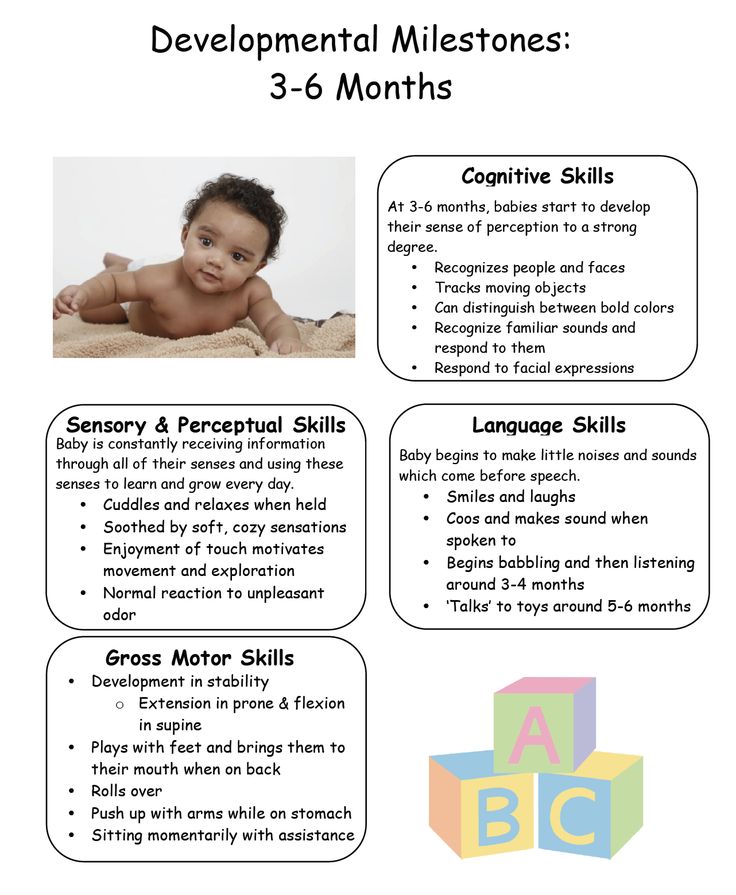
All Tot-tested and approved, below are our following product picks for the below items!
- Developmental activities & toy sets
- Gross motor activity set
- Slide
- Trike/balance bike
- Stacker
- Blocks
- Baby doll
- Play kitchen
- Books
- Flash cards
- Non-toxic play dough
- Markers
- Xylophone
- Feeding set
The Tot Play & Learn Set 18 – 24 Months
Created by an early learning educator to help toddlers reach important developmental milestones, The Tot Play & Learn Sets include a detailed booklet of teacher recommended activities as well six non-toxic toys that can be played with in a variety of ways.
The 18 – 24 month set includes:
- Sturdy board book
- Wooden shapes puzzle
- Visual sensory toy
- Stacking cups
- Wooden egg shakers
- Water toy
- Booklet of activities and advice
The Tot Play & Learn Set 18 – 24 Months
$120
EXCLUSIVE
BUY NOW
Lily & River Little Steps
Lily & River Little Steps are a fun way to help your tot hone their balancing skills, coordination, color recognition and ability to follow simple instructions.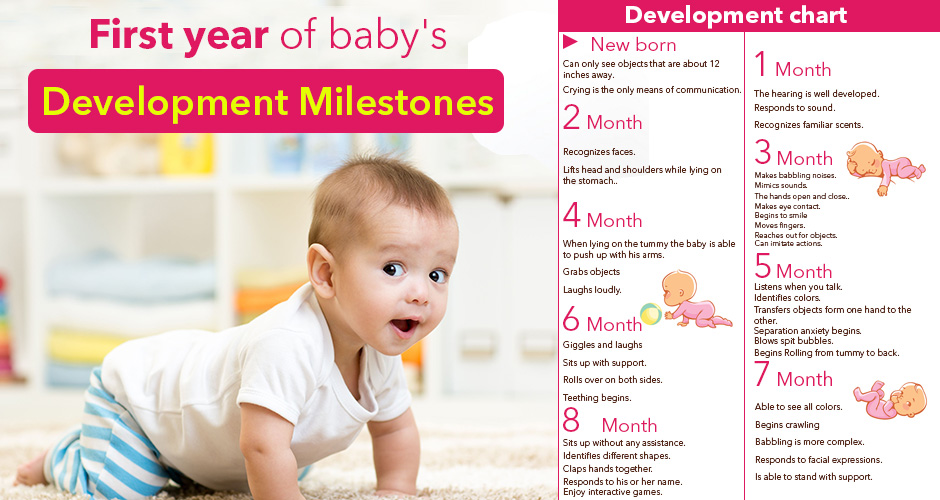
Lily & River Little Steps
$99.95
EXCLUSIVE
BUY NOW
Jupiduu Slide
The Jupiduu Slide can be used inside and out (on dry days) for climbing, sliding, launching and more!
Jupiduu Slide
Ranging from $299.90 to $349.90
Available in more colors
BUY NOW
Wishbone 3-in-1 Bike
Ride-ons are one of the most important toys a child can play with. Beneficial for both cognitive and physical development, we love the Wishbone 3-in-1 bike because it offers three configurations that grow with your child.
Wishbone 3-in-1 Bike
Ranging from $249.99 to $269.99
Available in more colors
BUY NOW
Raduga Grez Pastel Earth Stacking Tower
Made of sustainably sourced solid lime wood and non-toxic water-based paints, the Raduga Grez Stacking Tower is a new take on a classic toy that has stuck around for a reason! Great for honing hand-eye coordination, teaching counting and the concept of size, this option also doubles as decor!
Raduga Grez Pastel Earth Stacking Tower
$45
BUY NOW
Modern Blocks Numbers Counting Set
Block play is wonderful for encouraging kids to stack, count, and problem solve all while building their confidence.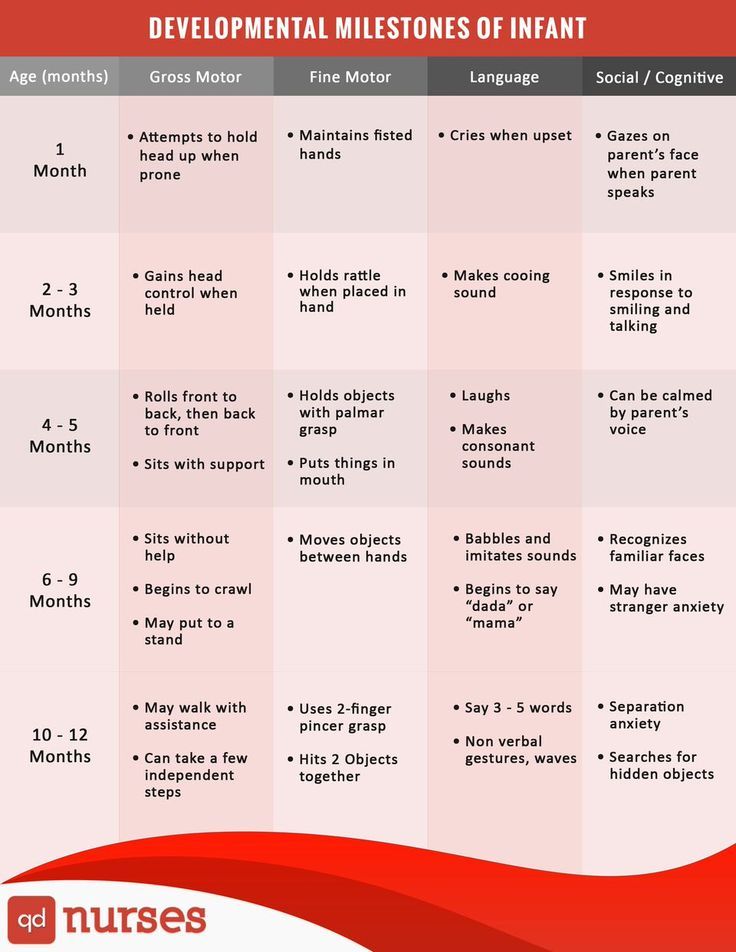 Made of untreated white birch wood and hand painted with non-toxic, organic paint, the Modern Blocks Numbers Counting Set uses high contrast illustrations to add numbers and shapes into the mix!
Made of untreated white birch wood and hand painted with non-toxic, organic paint, the Modern Blocks Numbers Counting Set uses high contrast illustrations to add numbers and shapes into the mix!
Modern Blocks Numbers Counting Set
$65
BUY NOW
Apple Park GOTS Certified Organic Baby Doll
Apple Park’s snuggly range of GOTS Certified Organic Baby Dolls are a friendly and fun way to teach your tot about both self-care and empathy. They also encourage imaginative play!
Apple Park GOTS Certified Organic Baby Doll
$37
Available in more colors
BUY NOW
Milton & Goose Essential Play Kitchen w/ Hood
The Milton & Goose Essential Play Kitchen is great for expanding vocabularies, encouraging role play and establishing healthy eating habits along.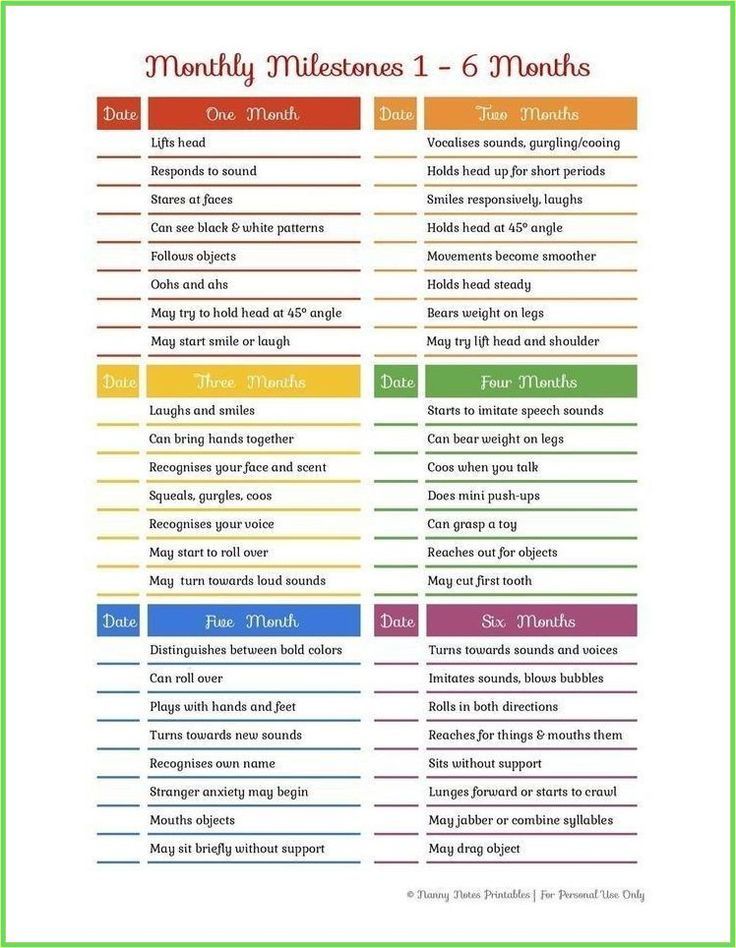 Fun to play with independently or socially, this made in the USA brand also offers a wide range of adorable play food sets!
Fun to play with independently or socially, this made in the USA brand also offers a wide range of adorable play food sets!
Milton & Goose Essential Play Kitchen w/ Hood
$798
Available in more colors and configurations
BUY NOW
Wee Gallery Color Changing Bath Book
The Wee Gallery Color Changing Bath Book offers sensory and fine motor fun both in and out of the bath!
Wee Gallery Color Changing Bath Book
$12.95
Available in more themes
BUY NOW
Alpha Baby Designs Alphabet of Animals Uppercase Flash Cards
Learning the alphabet while expanding vocabulary is fun and easy with this Alpha Baby Designs flash card set.
Alpha Baby Designs Alphabet of Animals Uppercase Flash Cards
$24.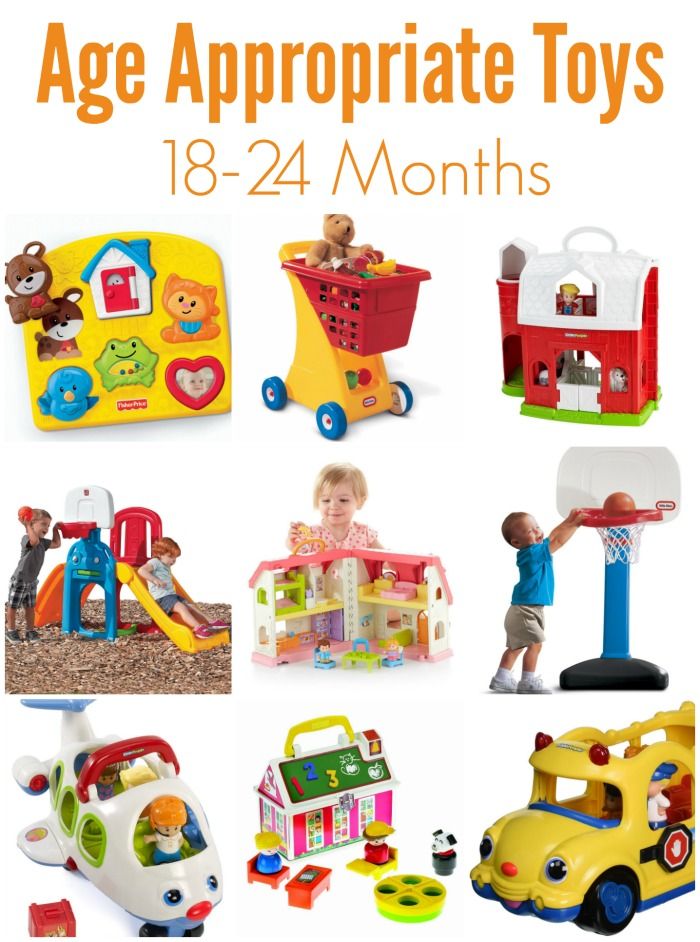 50
50
EXCLUSIVE
BUY NOW
Dough Parlour Collector Set
The Dough Parlour Collector Set takes play dough fun a step further by adding the element of scent! All aromatic (and non-toxic!), your tot will love engaging in sensory play while creating their next masterpiece!
Dough Parlour Collector Set
$80
EXCLUSIVE
BUY NOW
OMY Double Tip Ultra Washable Felt Markers
Scribbling just got more exciting (and less messy) thanks to OMY’s Ultra Washable Double Tip Felt Pens!
OMY Ultra Washable Felt Pens
$16
BUY NOW
Petit Collage Wooden Xylophone
Musical play is key to your tot’s development, which is why we love this cute xylophone from Petit Collage.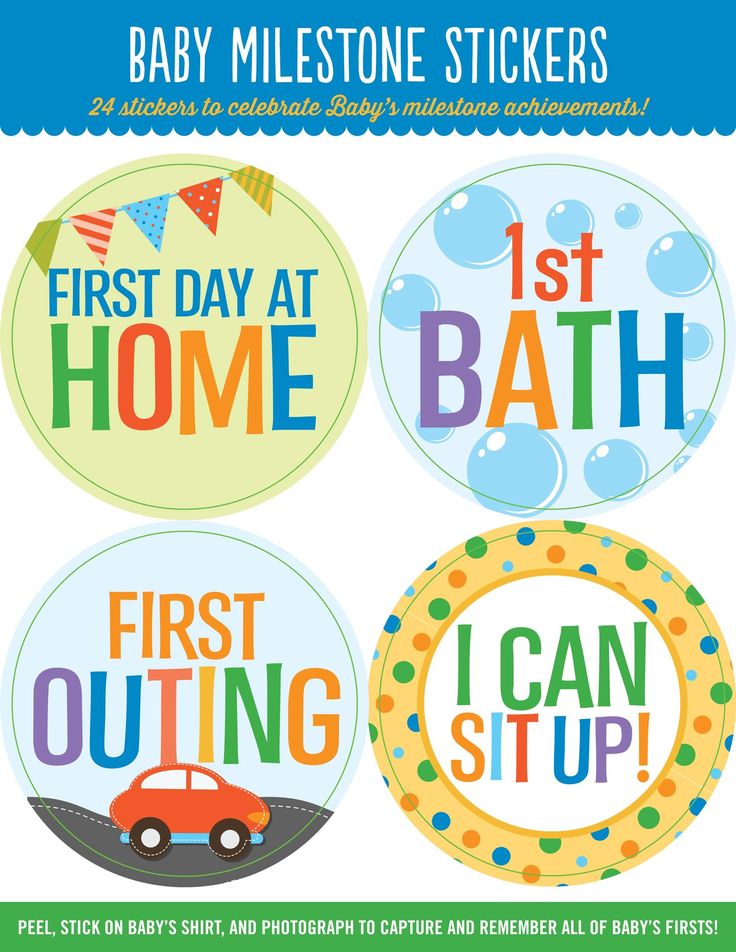
Petit Collage Wooden Xylophone
$24
BUY NOW
The Tot Feeding Sets
Created by a childhood nutritionist, The Tot Feeding Sets include a booklet of nutrition advice, feeding tips and recipes as well as a selection of our favorite non-toxic feeding products to promote independent feeding.
The Tot Feeding Sets: Mastering Mealtimes (18m +)
$119
EXCLUSIVE
BUY NOW
- Navigating the second year of your tot’s life may be one of your biggest challenges as a parent. Here are some tips on how to get through what’s sometimes referred to as the “terrible twos”.
- Dreading leaving your toddler with the babysitter or at daycare and want to prepare him? See our tips on how to help your toddler’s separation anxiety.
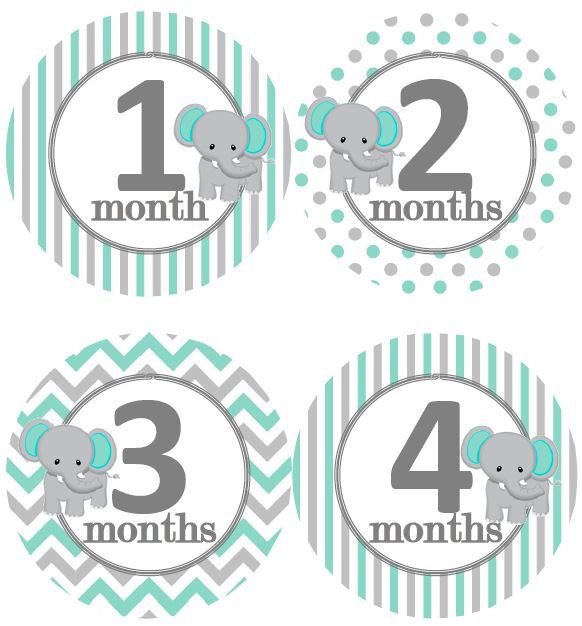
Child Development Calendar from the Health of the Nation
The Child Development Calendar from the Health of the Nation medical center is a convenient system that tells parents by months how the baby is developing.
Child development by months
Newborn
How does the baby behave in the first weeks of life? Should I be worried if he sleeps 18 hours a day? What you need to know about the features of feeding the crumbs, and what recommendations for care should be followed?
Read more
1 month
What happens to a child at the age of one month, how his behavior changes. Features of development and the emergence of new actions.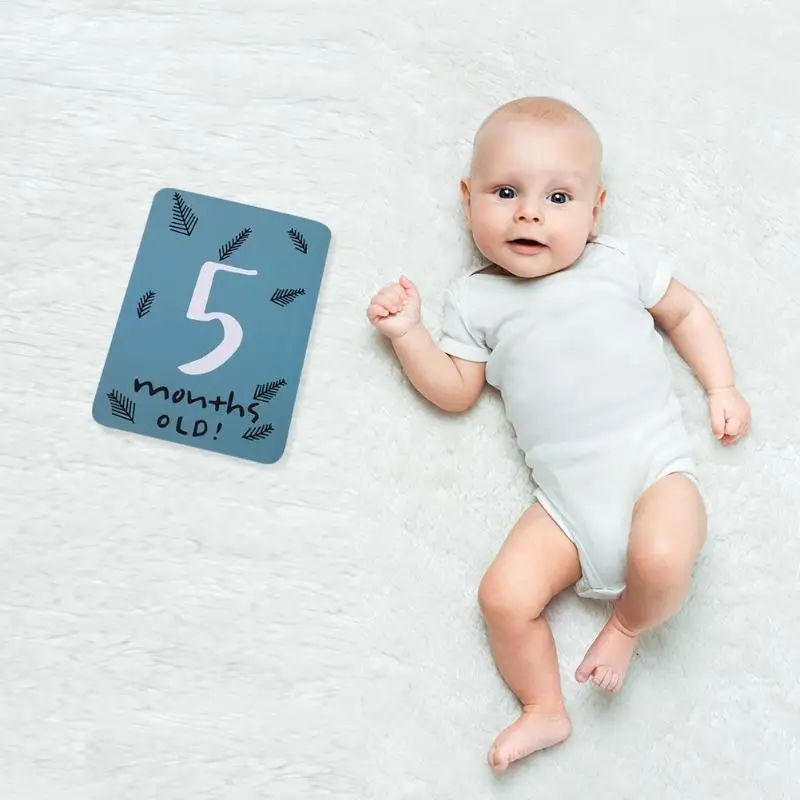 What you need to know about nutrition, daily care. Planned visits to doctors and testing.
What you need to know about nutrition, daily care. Planned visits to doctors and testing.
Read more
2 months
What happens in the life of a child at the age of 2 months? What behaviors should be taken into account? The appearance of the first emotions of the baby, the development of the vocal apparatus.
Read more
3 months
What discoveries do parents expect when a child turns 3 months old? The emergence of new skills, the first conscious manifestation of emotions and desires. What you need to know about the features of feeding?
Read more
4 months
What happens to a 4 month old baby? The first serious games and interaction with the outside world.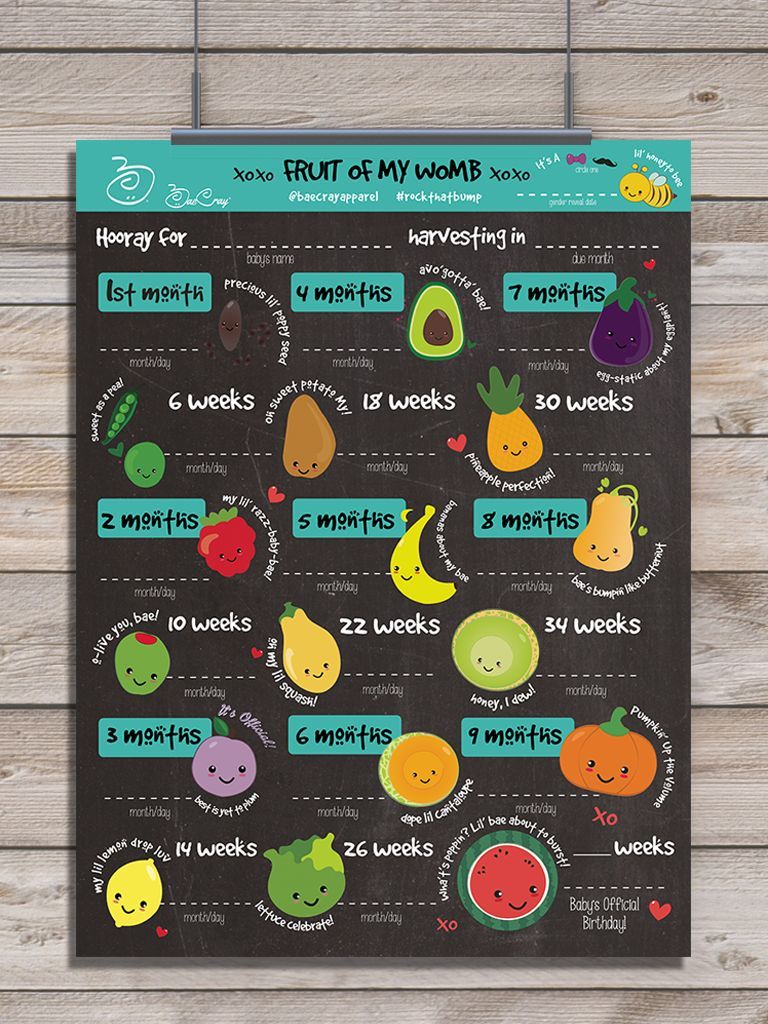 What you need to know about the features of feeding, and what recommendations for care should be followed?
What you need to know about the features of feeding, and what recommendations for care should be followed?
Read more
5 months
Transition period from horizontal position. What you need to know about the features of feeding crumbs? What should parents of a five-month-old baby be prepared for?
Read more
6 months
What did the baby learn at 6 months of age? How critical is the discrepancy with accepted norms? What you need to know about the features of feeding crumbs, how to introduce the first complementary foods?
Read more
7-9 months
What happens to a child aged 7-9 months? The baby begins to sit, crawl or even take the first steps.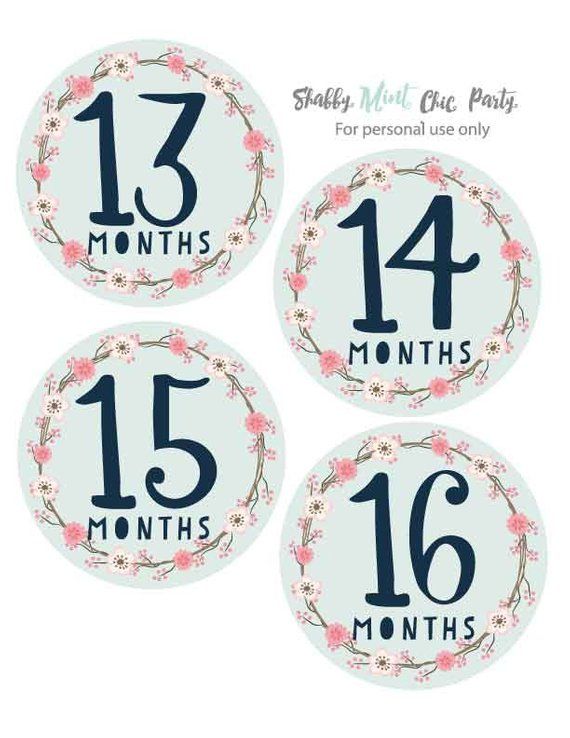 The first attempts to speak appear. Toys are used in a new capacity.
The first attempts to speak appear. Toys are used in a new capacity.
Read more
10-12 months
How does a 10-12 month old baby behave? How does his daily routine change and what games will be more interesting to play closer to the first birthday?
Read more
12-15 months
How does a 12-15 month old child behave? What has changed in behavior, and what features of development is important to remember?
Read more
15-18 months
How does the child behave at the age of 15-18 months? What you need to know about the features of behavior, what to pay attention to?
Read more
18-24 months
How does a child aged 18-24 months behave? What did the baby learn in 2 years? How to make a diet?
Read more
Development of a child's speech: key stages — Logoprofy.
 ru
ru The first words of a child are music for parents. But how can you tell if your child's speech and speech development is on the right track?
While each child learns to speak at their own pace, common milestones can serve as a guideline for normal speech and language development. These milestones help doctors and other healthcare professionals determine when a child may need extra help.
Language development by the end of 3 months
By the end of three months, your child may:
- Smile when you appear
- Make growling sounds
- Smile when you talk to him
- Show that I recognized your voice
- crying differently in different situations
Language development by the end of 6 months
By the end of six months, your baby may:
- Make sounds when playing with you or being alone
- babble
- Use voice to express pleasure and displeasure
- Move gaze in direction of sounds
- Notice changes in the tone of your voice
- Please note that some toys make sounds
- Pay attention to music
We invite you to familiarize yourself with our language development manuals
Development of speech by the end of 12 months
By the end of 12 months, your baby may:
- Try to imitate speech sounds
- Say a few words such as "dada", "mama" and "uh"
- Understand simple instructions such as "Come here"
- Turn around and look in the direction of sounds
Language development by the end of 18 months
By the end of 18 months, your child may:
- Recognize names of familiar people, objects and body parts
- Follow simple directions with gestures
- Speak up to 10 words
Language development by the end of 24 months
By the end of 24 months, your child may:
- Use simple phrases such as "more milk"
- Ask one- or two-word questions such as "Goodbye?"
- Follow simple commands and understand simple questions
- Speak about 50 or more words
- Speak well enough to be understood at least half the time by you or other key caregivers
When to Talk to Your Child's Doctor
Talk to your child's doctor if your child has failed most speech and language milestones for his or her age, or if you are concerned about your child's development.